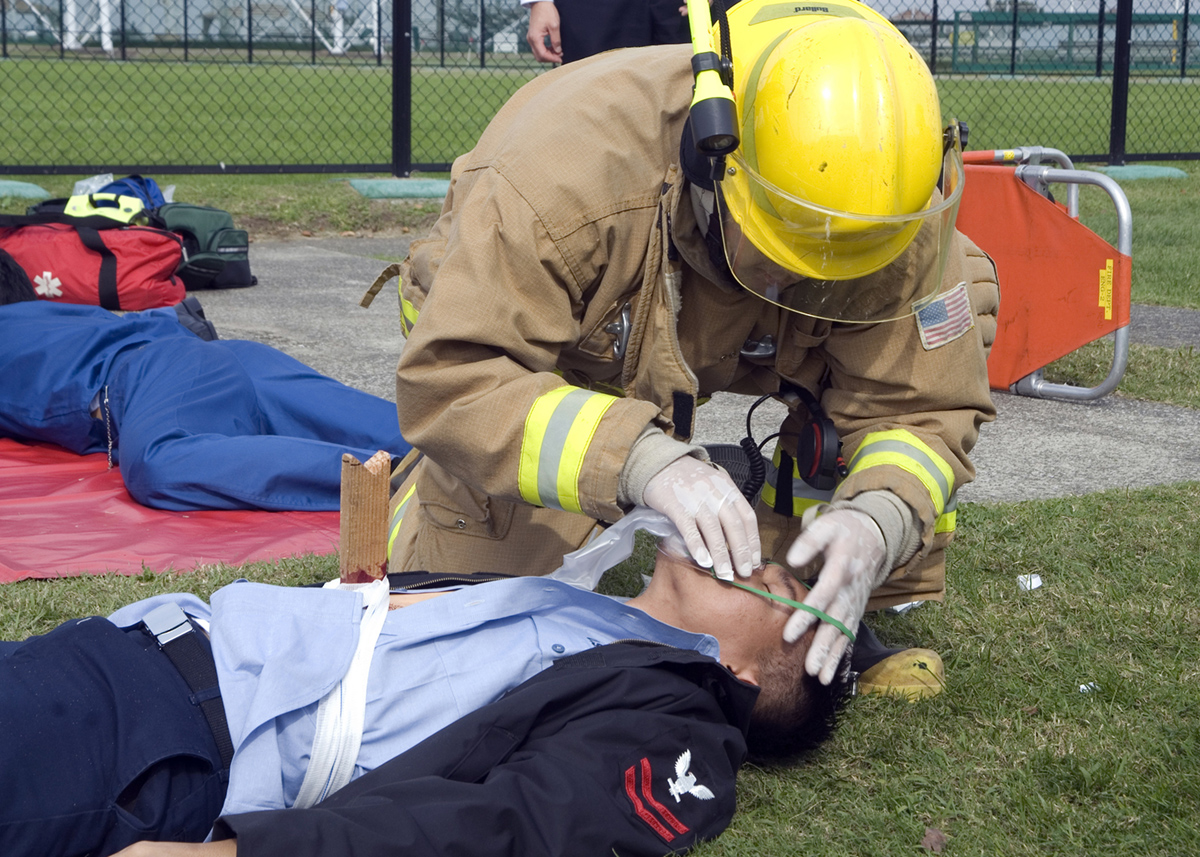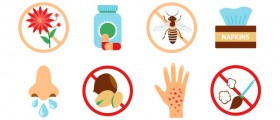
Anaphylactic Shock
Anaphylactic shock is a serious and potentially life-threatening allergic reaction which affects the entire body. It only occurs in people who have already developed some sort of allergy and who are exposed to the specific allergen. It can be explained as excessive reaction of immune system to certain allergens. During this reaction the body releases certain chemicals which are responsible for all the symptoms and signs of anaphylactic shock. After the exposure to potential allergen one can develop anaphylactic shock within minutes or even seconds.
Symptoms of Anaphylactic Shock
Typical symptoms of anaphylactic shock include hives, pale skin and changes in pulse which may become weak or rapid. Skin may be itchy. Some patients may feel nausea and vomit.
More severe symptoms include dizziness, loss of consciousness, shortness of breath, swelling of the tongue and/or bronchial tubes, low blood pressure and heart failure.
Swelling of the tongue may cause difficulties with breathing. This problem may also occur due to swelling of the bronchial tubes. No matter what the cause is insufficient supply with oxygen leads to peripheral cyanosis and if not intubates some patients may die.
Causes of Anaphylactic Shock
A variety of allergens may cause anaphylactic shock. Some people are allergic to certain foods such as peanuts, sesame seeds, fish, shellfish, and eggs and so on. Others are allergic to medications. Penicillin is antibiotic which commonly causes allergic reaction and may in susceptible people lead to anaphylactic shock. Some people are allergic to insects, to be more precise to their bites or stings. Anaphylactic shock can be induced by bee, wasp or hornet sting.
People who are allergic need to stay away from particular allergens and this is the best way to avoid occurrence of anaphylactic shock.
Treatment for Anaphylactic Shock
Anaphylactic shock belongs to urgent states and it requires prompt medical help. The affected person or people who are nearby need to call 911 and in the meantime it is essential to monitor patient's pulse and breathing. In case that breathing stops people are due to perform cardiopulmonary resuscitation. The doctor will administer certain medications which will bring symptoms under control. These medications actually stop the release of certain chemicals in the body responsible for anaphylactic shock and prevent their effects. Patients who have difficulties with breathing are administered oxygen.
For those who have already experienced anaphylactic shock, it is recommendable to carry auto-injector which can be used in case that anaphylactic shock reoccurs. And they also need to wear medical alert devices such as necklace or bracelets so that people from their surrounding know what to do and how to react in given situation.

















Your thoughts on this
Loading...